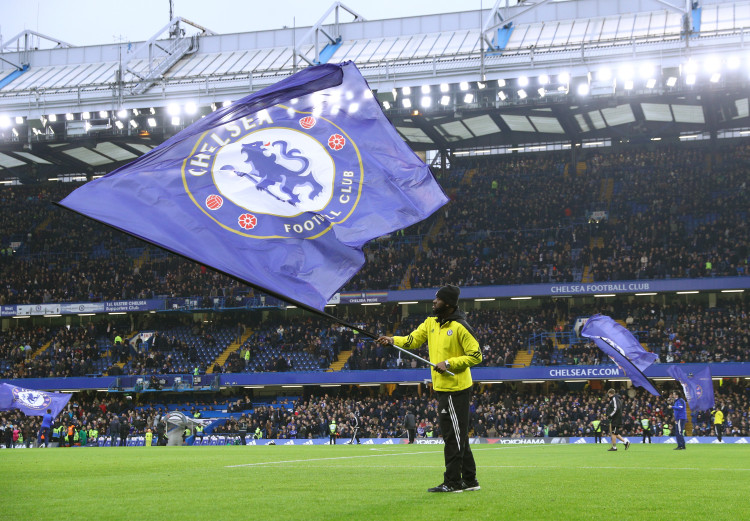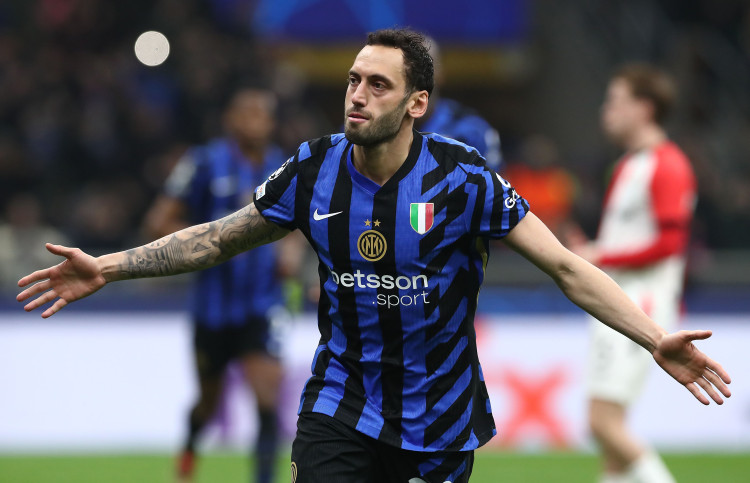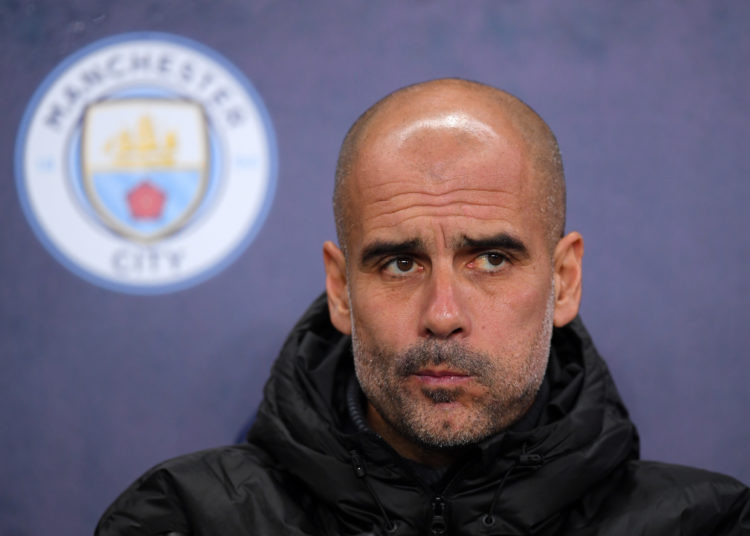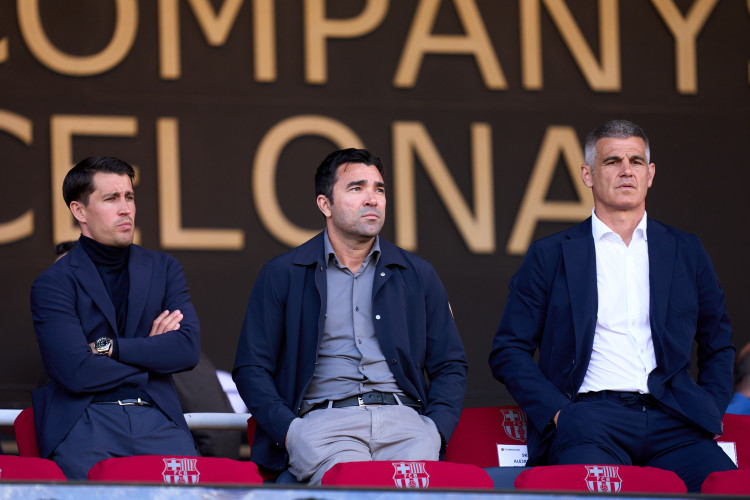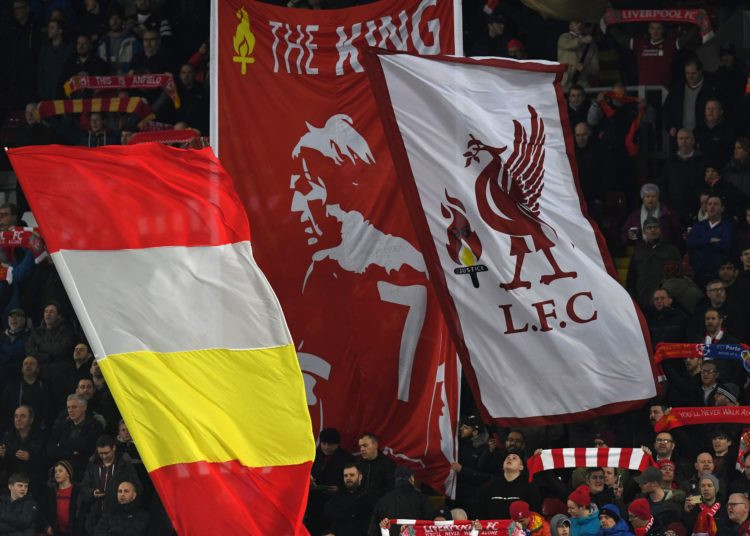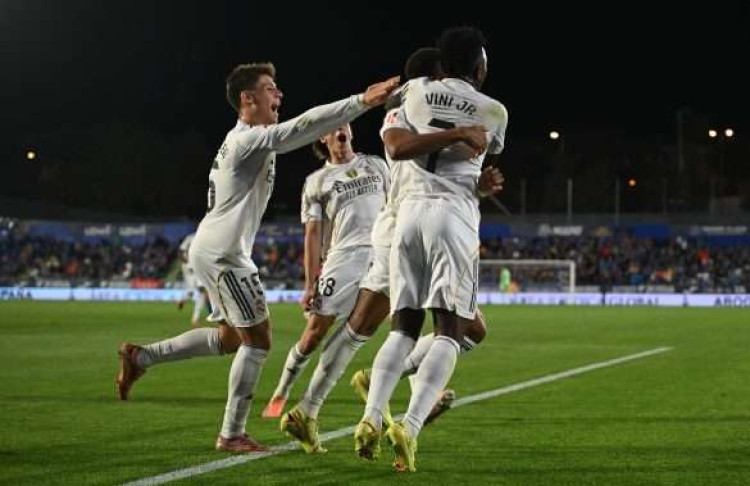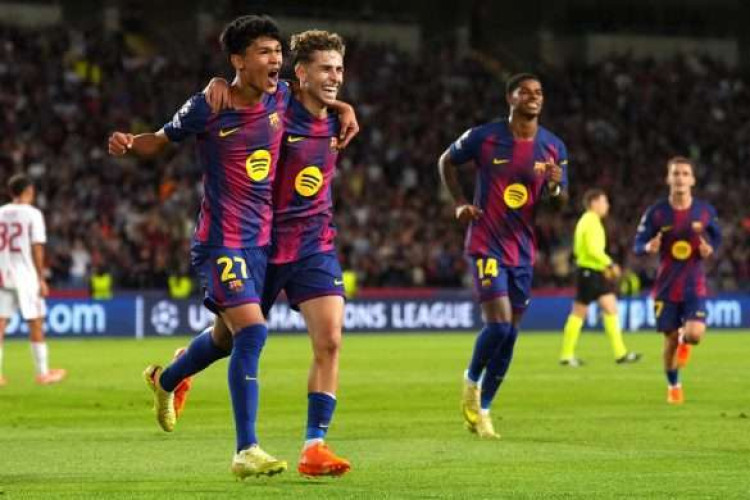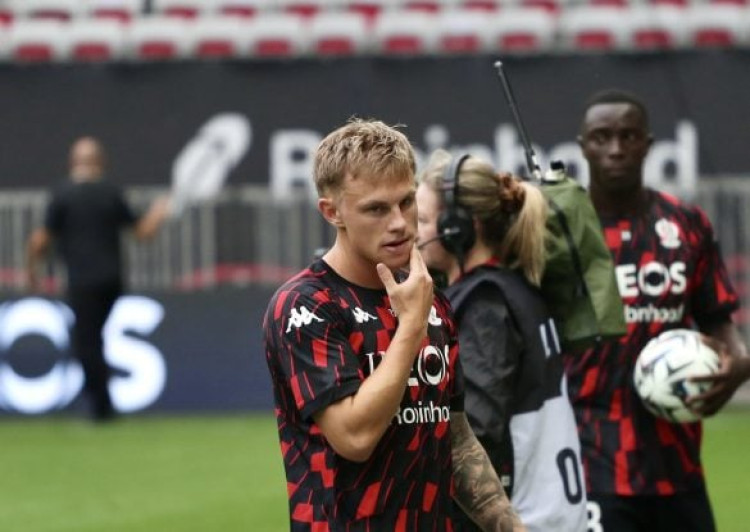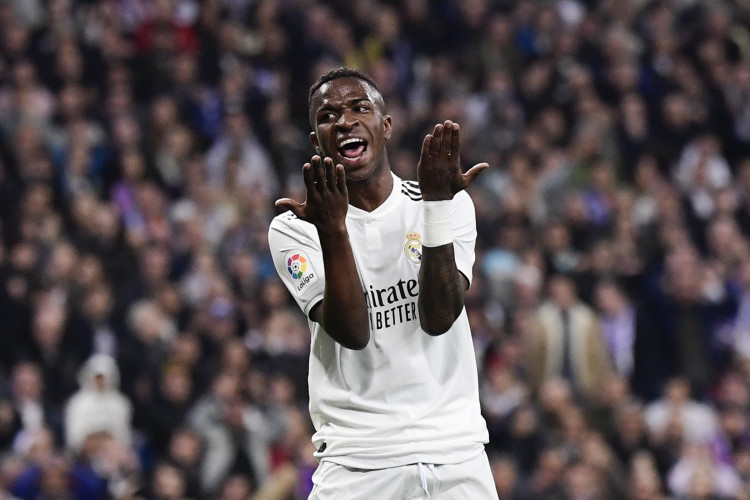
Vinicius Junior’s Fire and Frustration: The Flashpoint That Tested Real Madrid’s Calm
Real Madrid superstar Vinicius Junior lit up the Bernabeu with magic on the pitch, then set tongues wagging with fury off it.
When the referee blew for kick-off at the Santiago Bernabeu, Vinicius Junior looked like he was born for that moment. Every time he touched the ball, defenders tensed, the crowd leaned forward, and Xabi Alonso’s faith in vertical football found its most expressive face.
The Brazilian’s combination of direct running and relentless energy gave Real Madrid their rhythm early against Barcelona. Inside the first half, the Brazilian had sparked what became Madrid’s second goal: a burst down the left that shredded Jules Kounde’s balance, a cross that forced Barcelona to scramble, and eventually a looping ball that Eder Militao turned into chaos for Jude Bellingham to finish.
The Bernabeu roared, and Vinicius Junior roared with it. This is the version of him that makes Los Blancos feel invincible. But football, especially at Real Madrid, rarely stays simple for long. By the 72nd minute, with the scoreline firmly in the Merengues’ control, Alonso decided to sub him out for his compatriot Rodrygo. What followed changed the tone of the evening.
The Tunnel Walk Heard Around Real Madrid
Vinicius Junior walked off with clenched fists, eyes burning. The applause around him barely registered. He brushed past his manager without the customary handshake and disappeared straight down the tunnel, boot still stamping on the concrete.
Moments later, television cameras caught him seated on the bench again, head down, body still tense, emotion lingering. The reaction was sharp and uncomfortable, not least because it contrasted so harshly with the collective calm Alonso projects from the sideline.
According to reports from ESPN and The Athletic, Alonso refused to make a scene. “We’ll talk about it,” he said post-match, a simple sentence that revealed his approach. Real Madrid, under Alonso, have thrived on discipline, control, and collective commitment. This, then, was the first real test of that culture.
The Manager’s Balancing Act
If there is one thing Xabi Alonso learned during his playing days, especially under managers like Jose Mourinho and Pep Guardiola, it is that emotional players cannot be silenced, they must be channelled.
The Brazilian attacker’s explosiveness is both his greatest gift and his hardest challenge. His edge fuels his competitive brilliance, but when that edge turns impulsive, it can ripple through a dressing room as discontent. Managing that thin line will define Alonso’s approach in the coming weeks.
Statistically, Vinicius Junior remains vital. In La Liga so far, he has the most successful dribbles for any Real Madrid player. 3.3 per 90 minutes, a success rate of 46 per cent. Those numbers are not just data points; they are the backbone of how Alonso’s team destabilises low blocks.
Contract Clouds and the Weight of Timing
Vinicius Junior’s reaction cannot be fully understood without context. Contract renewal talks between him and the club have stalled for months, leading to speculation. Reports suggest his camp has grown frustrated over wage structure and image rights clauses, even as Real Madrid publicly reiterates their intent to keep him.
Normally, Los Blancos would clean up such negotiations quietly. But this outburst, paired with whispers about Paris Saint-Germain monitoring the situation, will inevitably fuel speculation. At 25, Vinicius stands at a crossroads: old enough to demand leadership, still young enough to be shaped by how he is guided.
The timing could hardly be worse for disruption. Real Madrid have built this squad around stability: Jude Bellingham’s maturity, Kylian Mbappe’s professionalism, and Alonso’s tactical precision. The team-first culture Alonso preaches is non-negotiable, and any player, no matter how brilliant, has to align with it.
The Fine Line Between Passion and Petulance
Vinicius Junior’s celebrations, his duels, even his feuds are theatre. That charisma makes him beloved by fans, but it also makes moments like this one heavier in perception.
The challenge for Xabi Alonso is to ensure that the Brazilian’s emotions amplify Real Madrid’s football, not overshadow it. Because when channelled properly, his fire transforms the team. Few players in Europe press as aggressively after losing possession or recover as often from failed dribbles.
But passion can become petulance fast. Multiple disciplinary episodes over the years—touchline spats, visible frustration at substitutions—remind the club that his development is as much mental as tactical. That is what makes Alonso’s response so interesting: quiet authority instead of public confrontation.
Lessons from Real Madrid’s Past
Real Madrid’s history is filled with similar moments. Cristiano Ronaldo storming down tunnels, Sergio Ramos challenging teammates, Karim Benzema hinting at disagreements, all episodes that eventually dissolved under strong management and consistent winning.
Carlo Ancelotti mastered that balance through empathy, Zinedine Zidane through trust, and now Xabi Alonso must find his own version. Each great Real Madrid side has lived in the tension between individual brilliance and collective purpose. This is not new, but it remains delicate.
If Alonso gets it right, incidents like these will be remembered not as rifts but as turning points, moments that hardened the dressing room. If mishandled, they can spiral into something more corrosive: isolation, speculation, and distraction.
The Weeks Ahead: Calm or Storm?
Real Madrid’s calendar leaves no time for drama. Within ten days, they face Valencia in La Liga and Liverpool in the UEFA Champions League. Those are games where Vinicius Junior’s intensity could become a weapon, if he is in the right headspace.
The staff are said to have already scheduled a private meeting between player and coach, a move aimed at resetting chemistry before the next matchday. This is not the first time the Brazilian has been asked to temper himself.
Last year’s heated exchanges with opposition fans tested his composure, and to his credit, he grew from it. As much as he thrives on emotion, maturing into a consistent leader will complete his evolution from star to cornerstone.
There is also a broader message for the squad: Xabi Alonso’s Real Madrid are not built around one player. It is built on interdependence. When everyone moves in sync—the full-backs pressing high, Bellingham linking transitions, Mbappe darting into space—the machine hums. And Vinicius Junior, when plugged into that flow, amplifies the collective more than anyone.
The Human Side of the Game
It is easy to reduce these incidents to headlines about tantrums or indiscipline. But footballers, especially at this level, live in a compressed emotional world. A single substitution can feel like a judgment; every gesture is magnified by millions.
What makes Vinicius Junior magnetic is precisely what makes him volatile, his refusal to play at half-emotion. Xabi Alonso’s challenge is not to tame him but to guide him. A brief conversation, a clear explanation, and visible trust in the next lineup could be all it takes to cool this storyline.
Real Madrid’s Tightrope Walk
In the long run, this might be little more than a spark on an otherwise smooth path. But it is a reminder that elite teams live on thin margins, not just tactical, but emotional.
Real Madrid’s season will be shaped by how they turn moments like this into strength. Xabi Alonso’s calm discipline against the 25-year-old’s fiery will is not a clash, it is a conversation between passion and purpose.
If managed right, Los Blancos might not only hold their unity but also emerge stronger from it. After all, even a storm can cleanse the air.



